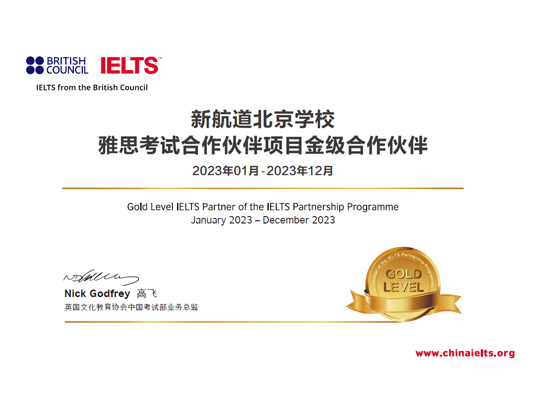当前位置:首页 > 雅思频道 > 雅思写作 > 《剑15》 Test 2 大作文 详细解读!
发布时间:2020-06-09 关键词:
摘要:今天新航道老师为大家解析Test 2的大作文的相关内容,希望对大家有的帮助。
《剑15》 Test 2 大作文 详细解读!今天新航道老师为大家解析Test 2的大作文的相关内容,希望对大家有的帮助。


这是一个很老套的话题了,新意没有,所以好写。但是内容越好写的题目,全文的连贯性和整体性以及措辞的讲究就越重要。毕竟“水涨船高”是难以克服的打分主观因素。
首先,阮恩(章跃)老师发现了一个引诱烤鸭走题的点:题目立意时的点在于buy和without paying的突,于是关键在于付费(或者不付费)。大家千万不要扩大化讨论纸质书和电子书的区别在于种种其它。
There is a question: with almost every book in the world online, what need could there be for the physical ones? If this is not actually an inquiry but a rhetorical statement of an opinion not in favor of physical publications, I can hardly find enough good reasons to disagree with it.
既然要措辞,那么请注意:
* 不要依赖陈述句,而可以用问句开头,激发读者(考官)的阅读兴趣。
* inquiry(也可以是enquiry)这个词,熟悉么?是不是可以激活一下。
* a rhetorical statement of an opinion not in favor of physical publications这个词组的构成,有点意思吧。
* I can hardly find enough good reasons to disagree with it这个双重否定的表达,其实不是什么艰深晦涩的表达方式吧。
It is fair for people to see printed books and other publications, such as newspapers and magazines, as uneconomical obsolescence. When the Internet, where the digital version of those publications is provided, makes the books accessible without charge, very few people or only a handful of readers would insist on paying for their reading. Money is the obvious key in this shift. Any argument against human nature, wanting a freebie, would be so indefensible.
* uneconomical obsolescence基于你背过的economical和obsolete,理解一下,词性(对应到词形)的活用而已。
* very few people or xxx would do something是你的老师给你讲过的技巧:否定在名词处而不在动词处。这个技巧很常见啊,比如:I have no idea / no money. 或者 No one likes this.
* freebie这个词,怕是口语老师已经教过你。
* indefensible = 站不住脚的,是不是可以少用unreasonable或者implausible啦?
In fact, not only does this switch make economic sense, it also makes sense as another crucial factor changes and improves. The factor is technology. When the Internet was unable to perfectly replicate the authentic reading experience – for example, the visual experience, the flipping of pages, there may have been more people, albeit knowing there is a free option, staying with the printed books that charge. Today, as technology goes beyond providing the same reading experience and enhances the experience to a new level that no printed publications can reach, the free of charge adds to the Internet’s advantage. More and more readers, therefore, are moving to the Internet for the better and economical pleasure. What will happen in the future? Unless printed publications develop new and better tricks to win their clients back, which is foreseeably unlikely, or the Internet does stupid things and hands the clients back, readers will stay online.
* 本段句的倒装现象,掌握句型的模型就可以轻松使用。这个句型的模型其实很简单,问你的写作老师哟。
* “The factor is technology.” 长句子之间夹入一个短句子。后面的句子的信息密集,需要在此之前有个短句子缓一下,就像爆发之前要定个神蓄个力一样。
* “What will happen in the future?” 的用法道理如上。只是,故意用了一个提问的方式措辞。很巧妙,对不对?
* “when” “as” “unless”都是用来引导状语从句的,是不是状语从句经常用,而且好丰富。
To ask the question again: with almost all books in the world online for free, what need could there be for the physical ones? And that is a rhetorical question.
* 偷懒的结尾。但是表意很巧妙,你品。问句的使用,仿佛是你立刻的新技能get。

